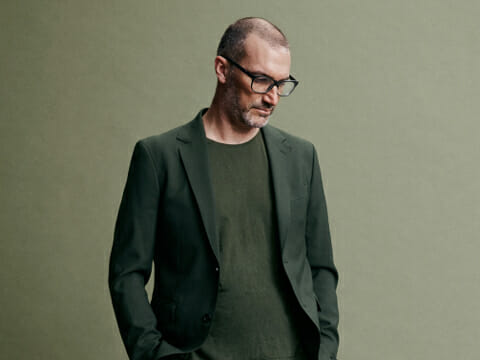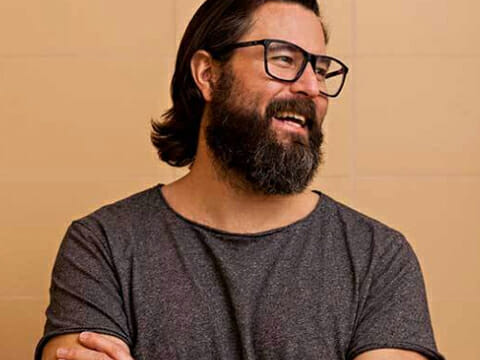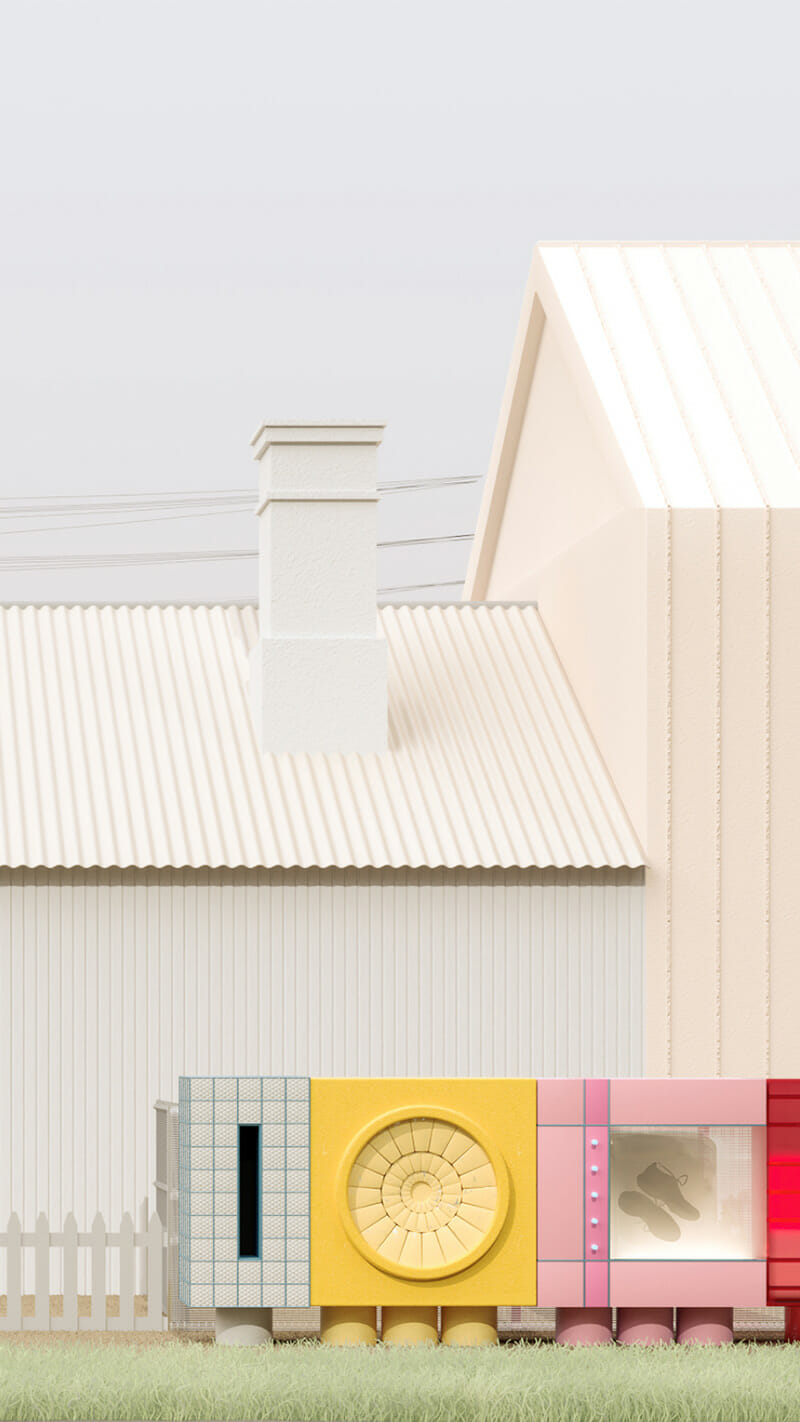
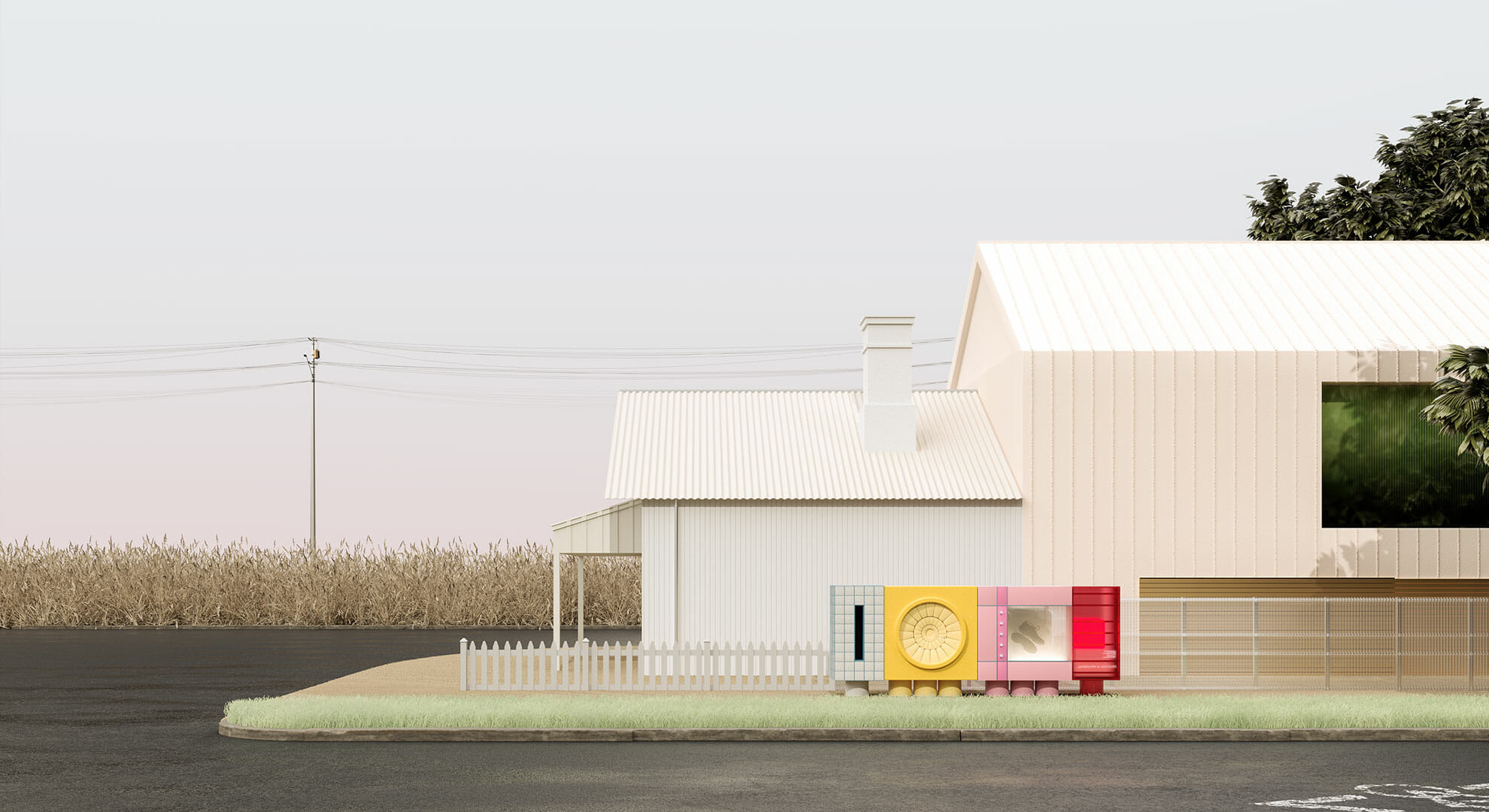
The modular mailbox.
Klarna Future Shopping Lab.
Klarna future shopping lab is an on-going research project that explores optimistic and somewhat unexpected future shopping experiences. This is the first scenario — the modular mailbox.
The mailbox. Everybody has one. But in a world of digital communication, no one really uses it. In paradox, online shopping is growing exponentially, creating an ever increasing number of parcels on their way to our homes. Meanwhile, people look for more personalized experiences, and new ways to live more sustainably. What if the mailbox could be reimagined and work as an enabler for all those things?
This is the idea behind the modular mailbox. A future-looking prototype constituted by a combination of different modules, connected to each other in different configurations adapting to the situation, with core modules focused on shopping, sharing and sustainability. The modular mailbox also enables third-party partners to build additional modules to serve specific needs and experiences.
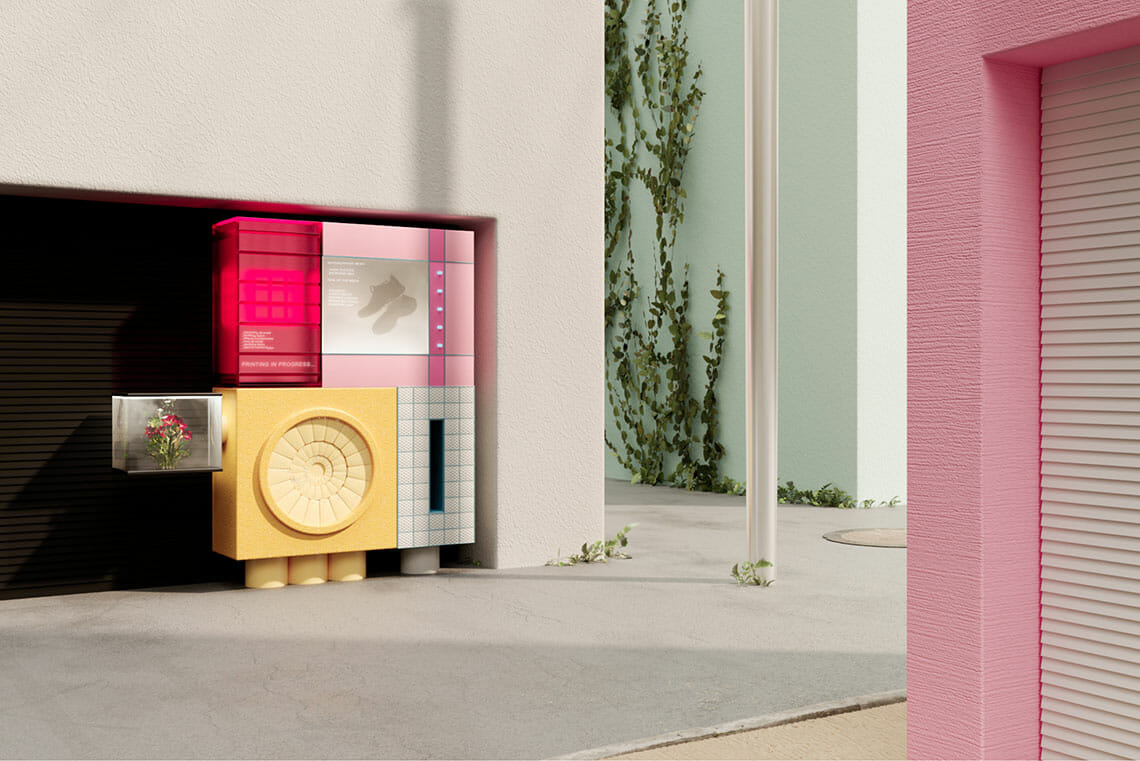
“Deconstructing the mailbox and the infrastructure behind it unlocks new possibilities.”
Iskander Smit
Director of Cities of Things Lab at Delft University
The modular mailbox idea transforms the mailbox from a static object, serving solely as a tool for receiving things, into a platform that supports circularity, new transactions and making life easier — for individuals as well as neighborhoods and communities.
Each modular mailbox is a part of a bigger, connected network, where all modular mailboxes, and the services they enable, are connected and easily accessed digitally.
The modular mailbox features four core modules.
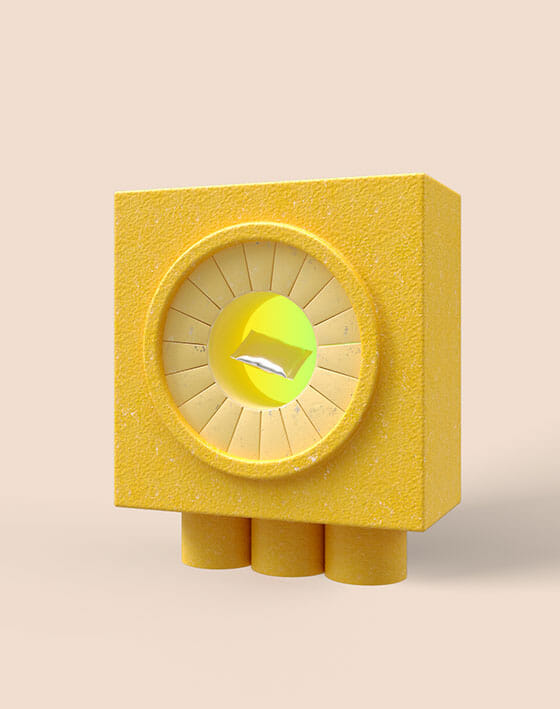
Module #1: The in- and outbox.
This module features space that can hold ingoing deliveries of different types, such as packages or food. It also features space for outgoing parcels, such as returns or things sold on marketplaces. In this space, returns are made instantly shoppable for others, allowing neighbors to act on micro-local shopping opportunities. As a result, neighborhoods become shoppable.
“So much innovation has been done on getting things into your home. The innovation I believe is missing is getting things out of our homes.”
Ana Andjelic
Sociology PhD, Columbia University and author of The Business of Aspiration
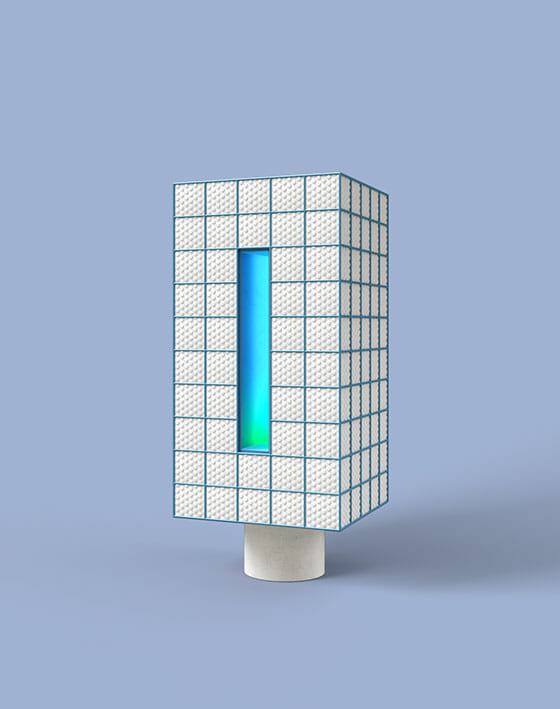
Module #2: The recycling box.
This module features space for recyclable waste from households and e-commerce. Like a paper-shredder, the mouth of the module grinds and atomizes materials, compressing them into a high-density block of recyclable substances. These blocks can easily be placed on top of each other, like LEGO, which makes it easy for logistics service providers to utilize empty space in their delivery vehicles. They collect the recycling and create a circular loop at the same time as they deliver parcels to the modular mailbox.
“Everything in the world of recycling is horizontal. Just by making the entry point to the module vertical, you can tell that this is a different way of approaching recycling.”
Cristiano Pigazzini
Design Manager at Note Design Studio
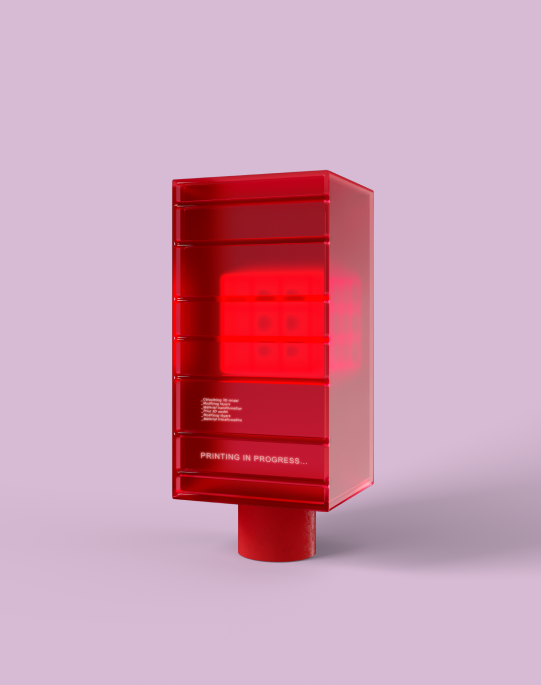
Module #3: The 3D-printer box.
This module features a multi-material 3D-printer that enables users to print small products and spare parts, to cut down on shipments and increase repairability of existing products. The module space is flexible depending on the size and characteristics of the object to be printed. The module is connected to e-commerce platforms that allow users to buy printable products or 3D-plans. The printer can also be made available for others to use in the community.
“3D printing is a potential revolution for repairability.”
Iskander Smit
Director of Cities of Things Lab at Delft University
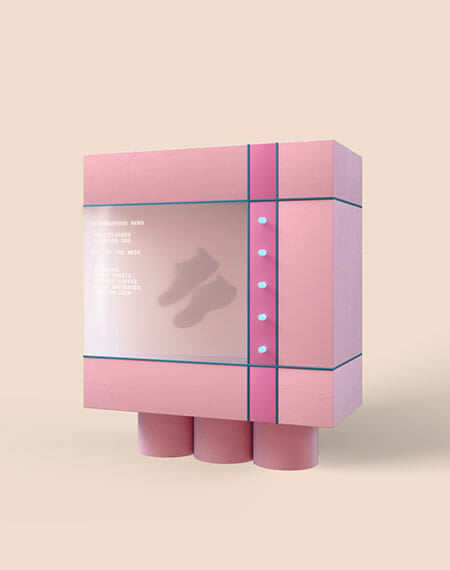
Module #4: The sharing box.
This module features a storage room for products that the owner wants to share with its neighborhood. It supports community sharing and growth of local sharing economies, and helps people look for available solutions close by before they buy new products.
“I really like the idea of a community sharing hub. It builds trust and trust is key.”
Iskander Smit
Director of Cities of Things Lab at Delft University
Third-party modules.
Besides the four core modules, the modular mailbox provides endless opportunities for additional modules. Third parties can develop niche modules that users can apply to their modular mailboxes. Such modules could for example be variations in module size and capacity, a drone-pad module to support drone deliveries, or brand-specific delivery modules, designed to enhance brand perception and users’ unboxing experience.
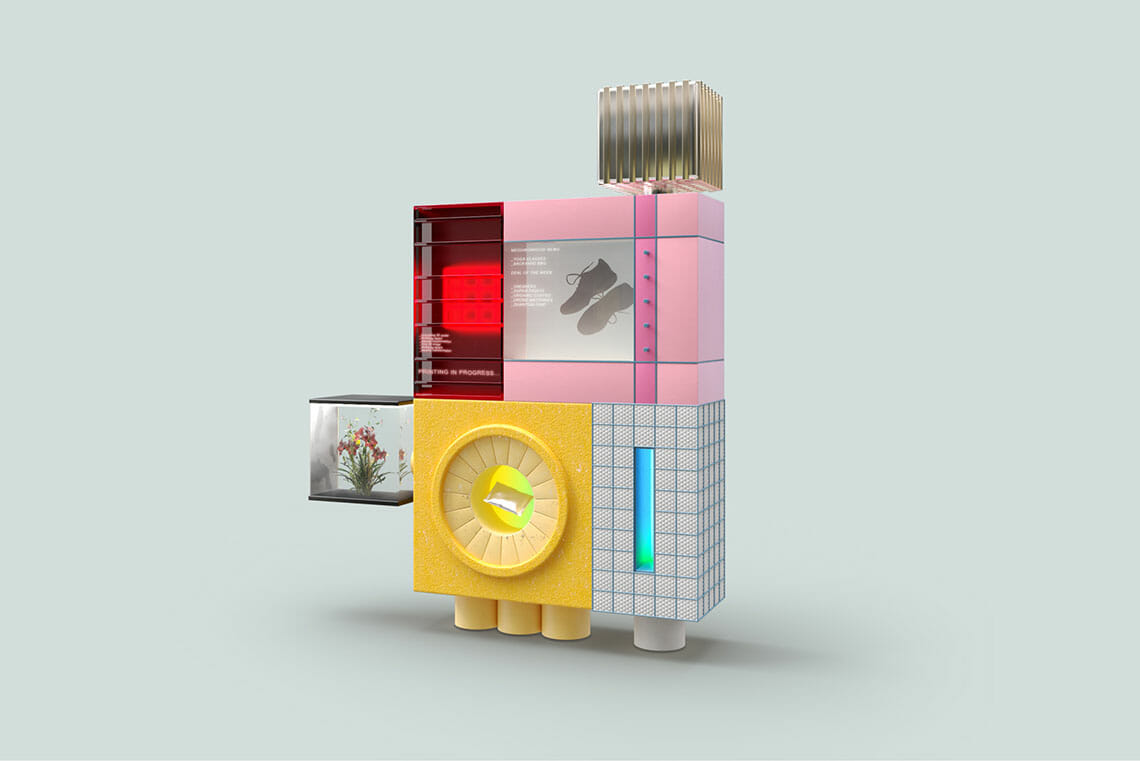
About Klarna Future Shopping Lab.
More than a decade ago, Klarna was born out of the hustle of online payments. Since then, we’ve taken them from buggy to brilliant. Now our mission is to create a smoother shopping experience for all. A shopping experience that injects energy and inspiration rather than drains you of it.
To accelerate a future like this we have created the Klarna future shopping lab. An on-going research project exploring optimistic and somewhat unexpected future shopping experiences, that revolve around convenience, inspiration and value.
The purpose is to develop future scenarios that can inspire everyone involved in the shopping experience — from retail and city planning to technology and logistics — in accelerating the evolution of shopping.
Each scenario is devoted to one part of the shopper journey that people all over the world experience with friction, and that can be radically improved. Small things that, when improved, can have a big impact on the overall shopping experience and our everyday life.
These scenarios are explored through a collaborative process where employees and experts gather to develop hypotheses, which world-class creatives then bring to life through visual prototypes designed to be inspirational and fun rather than functional. The modular mailbox is the first scenario explored in the Klarna future shopping lab.
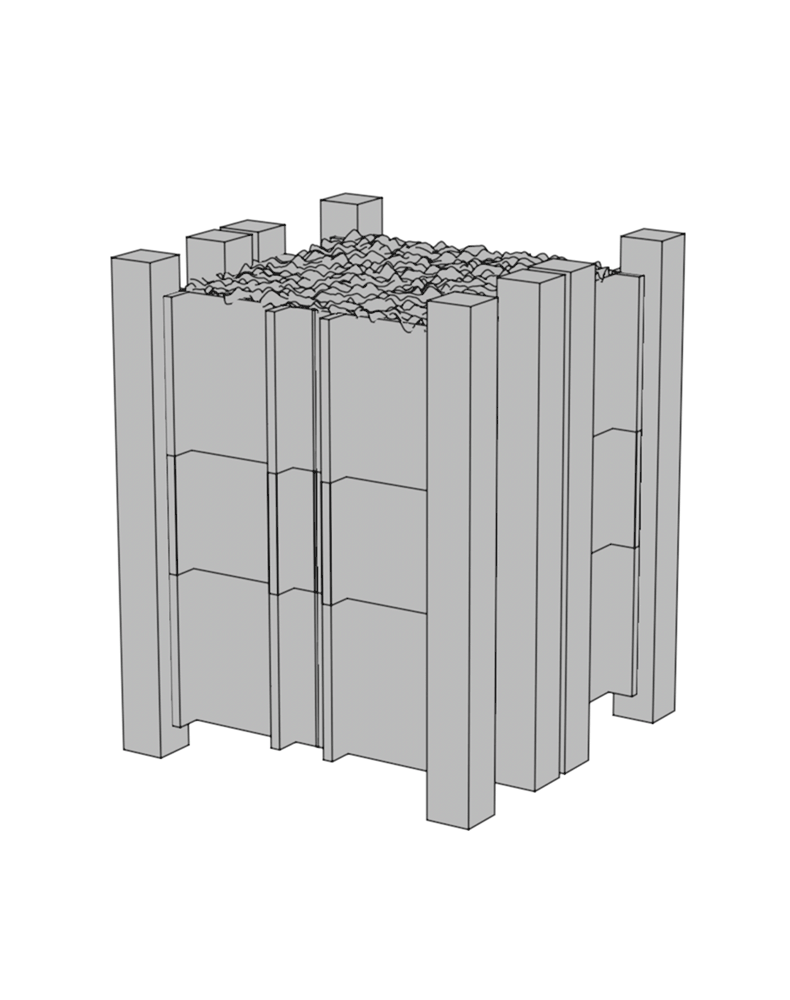
Developing the modular mailbox.
The development has been a collaborative process where Klarna has gathered employees and external experts. External expert contributors features Ana Andjelic (Sociology PhD, Columbia University and the author of The Business of Aspiration), Iskander Smit (Director of Cities of Things Lab at Delft University), Daniel Heckscher (Co-founder & Head of Design at Note Design Studio) and Cristiano Pigazzini (Design Manager at Note Design Studio). Note Design Studio has also contributed in the design and visualization of the modular mailbox prototype.
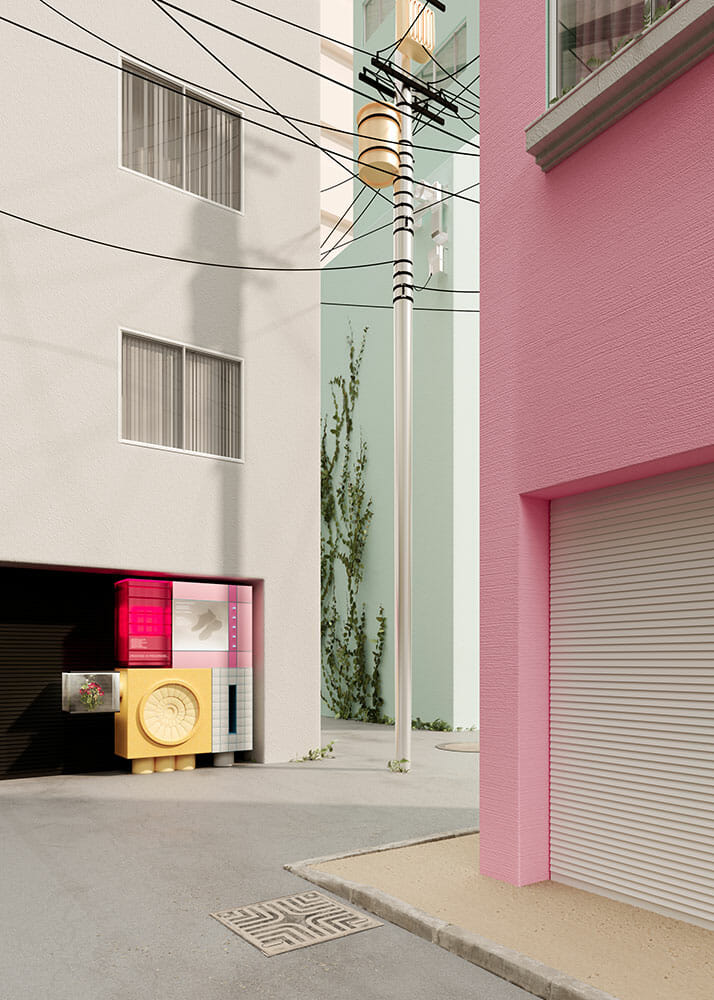
Design by Note Design Studio.
“When we took on the project we saw two challenges that excited us and made us want to work on this together with Klarna. The first was to add functionality and user experience to the idea behind the different modules. We needed to create a clear ID for each module that provides an immediate understanding about what the function of each module is. The second challenge was to develop an aesthetic product that can add and contribute to environments and architecture. This becomes a natural requirement when you’re working with a product that will take up as much space, in as many places and which needs to be integrated into a variety of different contexts. In other words, it was about helping the modular mailbox become a new and clear symbol in society.”
Cristiano Pigazzini
Design Manager at Note Design Studio
Press material.
Download high-res images and press information.

